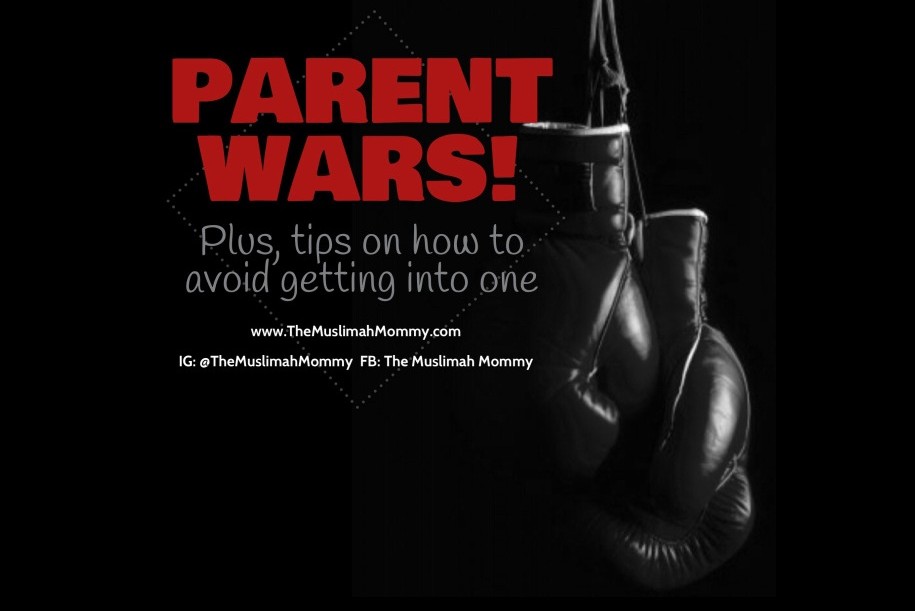When Anthony Weiner was first caught sexting explicit photos in spring of 2011, it sent the American public into a frenzy. Two years later, we’re hearing the same story, and it is not Weiner who earns our censure, but rather his steadfast wife, Huma Abedin. Political pundits have hopped onto their pulpits, demanding to know “What is wrong with you, Señora Danger?”
Days after Weiner’s latest humiliation, CNN created a multiple choice quiz asking readers to pinpoint why Abedin has stuck around, because after all, we must analyze the victim’s motives. For the grand finale, America’s orientalist baggage has reared its ugly head, with conservative lightening rod Rush Limbaugh leading the pack of Islamophobes. He offers us this intellectual gem:
It’s relevant to point out here by the way … Huma is a Muslim. In that regard, Weiner ought to be able to get away with anything. Muslim women don’t have any power, right? Muslim women are beheaded, stoned, whatever, if they drive, have affairs. In certain countries, Muslim women, if they’re raped, are killed — it’s their fault.
The irony of this statement lies in the very last sentence. Limbaugh laments that female rape victims in Muslim countries are blamed for having been raped, yet here he is, in the same breath, pointing his finger at Abedin for allowing her husband to cheat on her. It seems Abedin is a powerless Muslim woman who meekly tolerates her Weiner’s wandering eye. So are we to assume she “asking for it?”
The media buzz over Huma Abedin’s gender, faith and reaction to her husband’s infidelities is problematic, yet familiar. It’s not like we haven’t seen sexism and racism tag team to bring down the reputation of an individual before. In fact, I believe we saw this just a few weeks ago when Rachel Jeantel, the lead witness for the prosecution in the Trayvon Martin trial, found herself mocked and her credibility questioned because of her race, weight and level of education. So we shouldn’t be surprised to see Abedin’s reputation dragged through the mud.
It’s important to note that the very same rhetoric used to lambaste Abedin today was employed more than a decade ago to justify the war in Afghanistan. This insidious combination of feminism and Orientalism made an appearance in Laura Bush’s speech, when she explained that the “War on Terror” was, in fact, a war to restore the rights and dignity of Muslim women. The mainstream media faithfully followed up with images of forlorn, oppressed Afghani women. And this is how Americans became acquainted with the helpless Muslim girl in-need-of-saving trope that dates back to colonialism, but can now be seen in a very specific American context. Today Huma Abedin is on the receiving end of this fit of misguided feminism and paternalism. Abedin is subject to the same battle over her dignity and agency, both of which have been boiled down to a few silencing stereotypes about her identity.
Sometimes this rhetoric is used to “save” Muslim women, in other instances, it’s used to throw Muslim women under the bus. Instead of supporting Abedin and encouraging her to make healthy choices because she is a human being worthy of love, the American media has denigrated her. As we pour our slanderous salt on her wounds, we’ve conveniently forgotten the fact that Weiner’s sexts turned their lives upside down.
Anisah Hashmi is an intersectional activist invested in community justice, healing, and creating through art and vegetable gardens. She received her Bachelors of Arts from Dickinson College in American Islamic Feminism(s) and served as the Global Democracy Specialist for the League of Women Voters.




